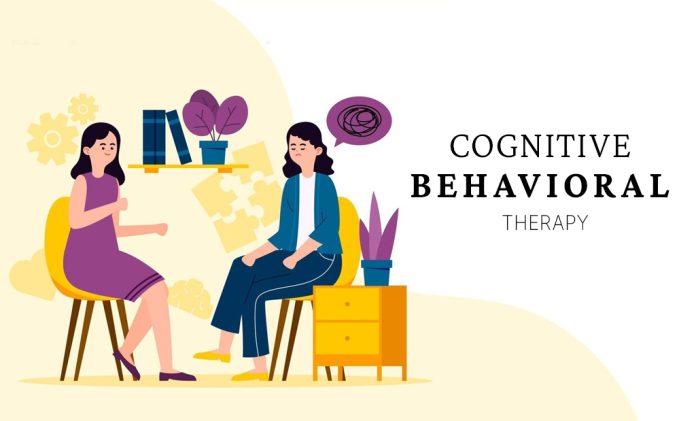Do you feel like you’re not reaching your full potential? Maybe you struggle with anxiety, depression, or self-doubt. Perhaps you have trouble setting and achieving goals, or you just can’t seem to break bad habits. If any of this sounds familiar, a cognitive behavioral psychologist could be the key to unlocking your potential and helping you achieve success.
In this article, we’ll explore what cognitive behavioral therapy is, how it works, and how it can help you succeed in all areas of your life. We’ll also discuss the benefits of working with a cognitive behavioral psychologist, and how you can find the right therapist for you.
What is Cognitive Behavioral Therapy?
Cognitive behavioral therapy (CBT) is a type of talk therapy that helps people identify and change negative thought patterns and behaviors. It is based on the idea that our thoughts, feelings, and behaviors are interconnected and that changing one can lead to changes in the others.
During CBT sessions, a Cognitive Behavioral Psychologist works with the client to identify negative thought patterns and behaviors that may be holding them back. The therapist then helps the client develop new, positive thought patterns and behaviors that will help them achieve their goals.
CBT is a short-term, goal-oriented therapy that is often used to treat a variety of mental health issues, including anxiety disorders, depression, and post-traumatic stress disorder (PTSD). However, it can also be used to help people achieve success in other areas of their life, such as their careers, relationships, and personal growth.
How Does Cognitive Behavioral Therapy Work?
CBT works by helping people identify and change negative thought patterns and behaviors. Negative thought patterns can lead to negative feelings, which can lead to negative behaviors. For example, if you have a negative thought about yourself, such as “I’m not good enough,” you may feel anxious or depressed. These negative feelings can then lead to negative behaviors, such as procrastination or self-sabotage.
During CBT sessions, the therapist works with the client to identify these negative thought patterns and behaviors. They then help the client develop new, positive thought patterns and behaviors that will help them achieve their goals. For example, if the client has a negative thought about themselves, such as “I’m not good enough,” the therapist may help them reframe that thought to something more positive, such as “I’m capable of learning and growing.”
The therapist may also use techniques such as exposure therapy, where the client is gradually exposed to situations that trigger their anxiety or fear, in order to help them overcome those feelings.
Benefits of Working with a Cognitive Behavioral Psychologist
Working with a cognitive behavioral psychologist can have many benefits. Here are just a few:
- Improved mental health: If you’re struggling with anxiety, depression, or other mental health issues, CBT can help you learn new coping skills and strategies to manage your symptoms.
- Increased self-awareness: CBT can help you become more aware of your negative thought patterns and behaviors, and how they may be holding you back from achieving your goals.
- Improved relationships: By learning new communication skills and strategies, CBT can help you improve your relationships with others.
- Improved productivity: By learning how to manage your time and break bad habits, CBT can help you become more productive in all areas of your life.
-
Increased confidence: By learning new thought patterns and behaviors, CBT can help you build your self-confidence and belief in your ability to succeed.
Conclusion:
In conclusion, working with a cognitive behavioral psychologist can be a powerful tool for unlocking your potential and achieving success in all areas of your life. By identifying and changing negative thought patterns and behaviors, you can improve your mental health, increase your self-awareness, improve your relationships, become more productive, and increase your confidence.
Remember to look for a licensed Sugar Land Texas Psychiatrist with experience working with clients with similar issues to yours. It’s also important to be open and honest with your therapist and to be willing to do the work necessary to achieve your goals.
CBT is a short-term, goal-oriented therapy, so you may start to see results relatively quickly. However, it’s important to keep in mind that therapy is a process, and it may take time to see significant changes.
If you’re ready to take the first step towards unlocking your potential and achieving success, consider working with a cognitive behavioral psychologist. With the right therapist and the right mindset, you can overcome obstacles and achieve your goals.



